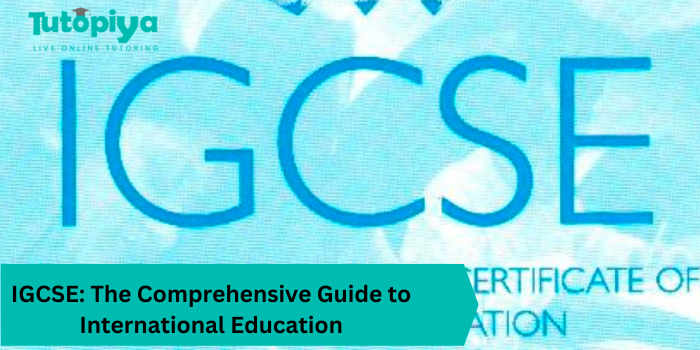What is Directed Writing, Importance, Benefits, Purpose, Tips and Examples of Directed Writing Directed writing is a form of written assessment, where the students…
View More Directed Writing: Format, Benefits, Topics, Common Mistakes and ExamplesAuthor: Pankaj Dhiman
Notice Writing Format, Importance, Examples and How to Prepare
Notice Writing: How to Write, Format, Importance, Examples and Online Resources The article gives an overview of notice writing for students, including its definition, purpose, and…
View More Notice Writing Format, Importance, Examples and How to PrepareIGCSE Economics: Revision Notes, Syllabus and Preparation Tips for 2024
Master IGCSE Economics: Syllabus, Revision Notes, Challenges, and Online Resources for IGCSE The Cambridge IGCSE Economics study is an exceptional instance of academic brilliance…
View More IGCSE Economics: Revision Notes, Syllabus and Preparation Tips for 2024Cambridge IGCSE: Benefits, Subjects, Grading Scheme, and Tips
Cambridge IGCSE – 14-16 Year Olds International Qualification The International General Certificate of Secondary Education, or IGCSE, is becoming more and more well-known as…
View More Cambridge IGCSE: Benefits, Subjects, Grading Scheme, and TipsTutopiya: Revolutionizing Education with AI-Powered Learning
AI-Driven Learning: Tutopiya’s Path to Personalized Education In our latest blog, we explore the groundbreaking features of Tutopiya, an AI-powered learning platform revolutionizing education.…
View More Tutopiya: Revolutionizing Education with AI-Powered LearningTutopiya: Unlock Academic Success with Innovative EdTech
Best Online Learning Platform for Homeschooling and Online Tutoring In the comprehensive blog titled “Tutopiya: Your Gateway to Educational Excellence Across Curricula,” we explore…
View More Tutopiya: Unlock Academic Success with Innovative EdTech







